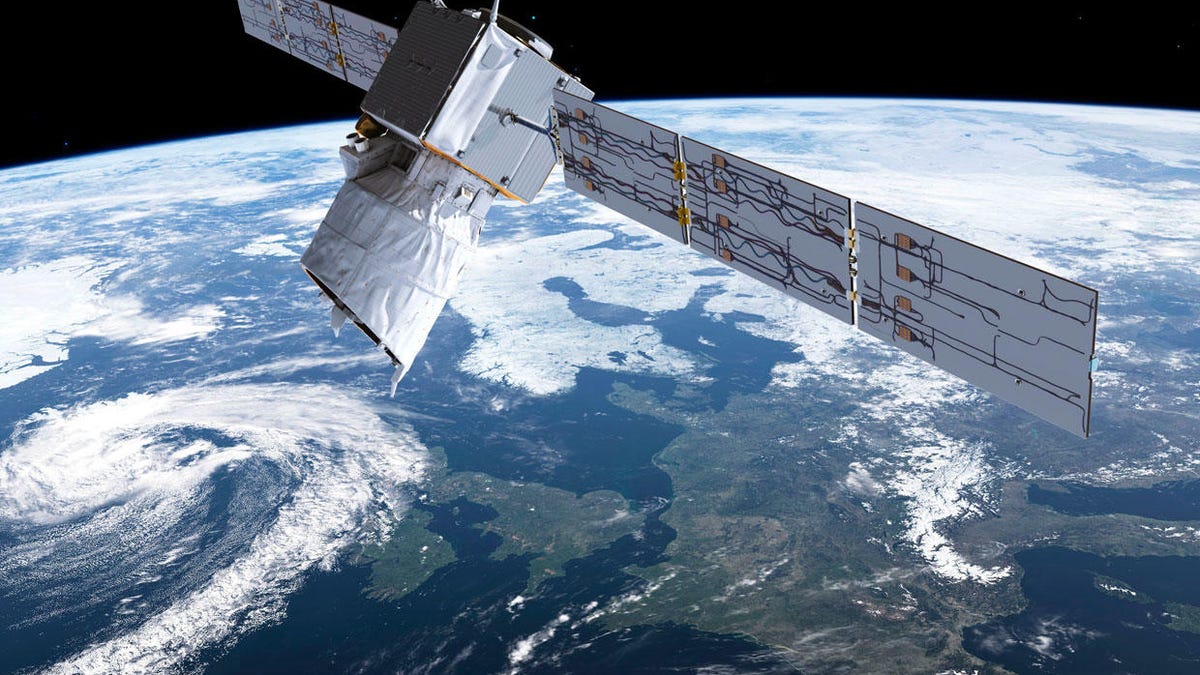Here we go. It's only been a few months since the launch of Musk's first batch of 60 Starlink satellites. What's it going to be like up there when there are thousands of them zooming around?

 www.cnet.com
www.cnet.com
Musk is starting to turn space into a real-life video game.

ESA's near collision with SpaceX Starlink satellite blamed on a 'bug'
The European Space Agency made an evasive maneuver to keep one of its satellites out of harm's way.
Musk is starting to turn space into a real-life video game.
Last edited:







